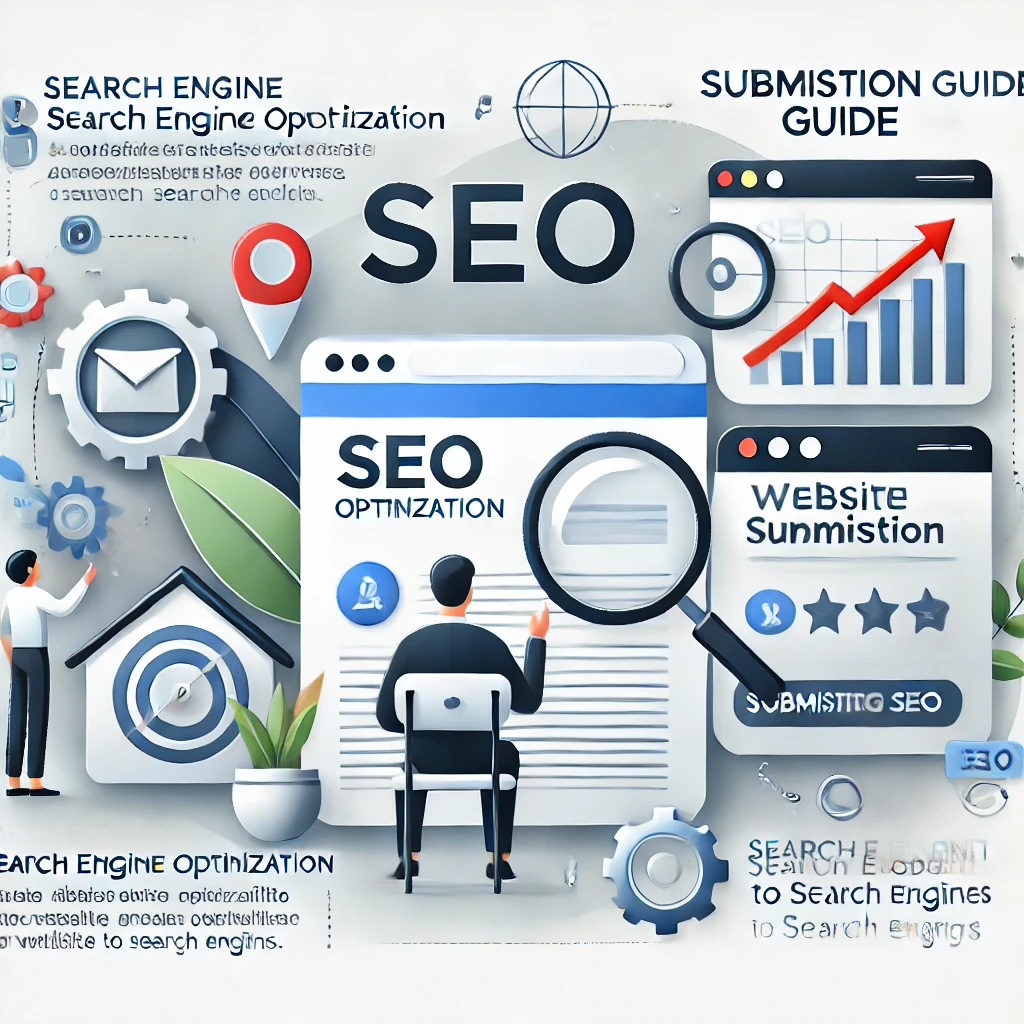A Complete Guide to Submission and Search Engine Optimization
Being search engine noticeable is essential in today’s digital world if you want to draw in the correct kind of visitors.
You can be losing out on important traffic from people who are actively searching for the services you provide if your website isn’t optimized. We’ll go over the basics of Search Engine Optimization (SEO) in this guide, including how to submit your website to search engines to improve its visibility.
The Significance of SEO Increase the Reach of Your Website
Search engines account for more than 80% of all website traffic. Every day, people utilize them to locate anything from goods and services to news. Your website runs the risk of being hidden in search results, where no one will see it, if you don’t use SEO. 토토사이트 SEO ensures that search engines comprehend the value of your website and how pertinent it is to visitors’ queries. You will draw more visitors if you rank higher, which will increase engagement and improve conversions.
Search Engine Submission for Your Website It is essential to get your website added to search engines’ databases. By submitting your website, you can make sure that search engines can index and crawl your content, which will make it simpler for people to find it.
To help you submit your website to both big and local search engines, Whitelines has created a free promotion plan. You can increase your site’s ranking prospects by following these five steps:
Learn how search engines evaluate your website and what changes you should do to improve your ranking using search engine optimization.
Website Testing: Verify that your website is search engine crawler-friendly before submitting.
Submit to Major Search Engines: Make sure your website is listed on search engines such as Google and Bing for optimal visibility.
Provide to Local Search Engines: Local search engines can provide focused, location-relevant traffic, so don’t disregard them.
Send Your Work to International Search Engines: Adding your website to international search engines will greatly increase the reach of organizations with a global clientele.
Top Techniques for Website Optimization
It’s not enough to just submit your website; you also need to make sure it’s optimized to rank highly after it’s indexed. Search engines evaluate your content based on important on-page SEO components including image optimization (with alt text), meta tags, and appropriate keyword usage.
Off-page SEO also increases the authority of your website by obtaining high-quality backlinks from trustworthy websites. The following are recommended procedures to adhere to:
Produce Useful Content: Compose insightful articles that respond to the requirements and inquiries of your readers.
Descriptive Meta Tags for Us: Make use of well-written meta tags, titles, and descriptions to raise your search engine ranks.
Ensure compatibility with mobile devices: Make sure your website is mobile-friendly because most people use mobile devices to browse the internet.
Create High-Quality Backlinks: Reputable websites’ links to your website act as a vote of confidence, boosting its legitimacy.
SEO: An Extended Approach
SEO is a continuous process that calls for patience and consistency rather than a one-time effort. Your website will become more visible as you keep improving it and submitting it to different search engines, eventually generating organic traffic.
